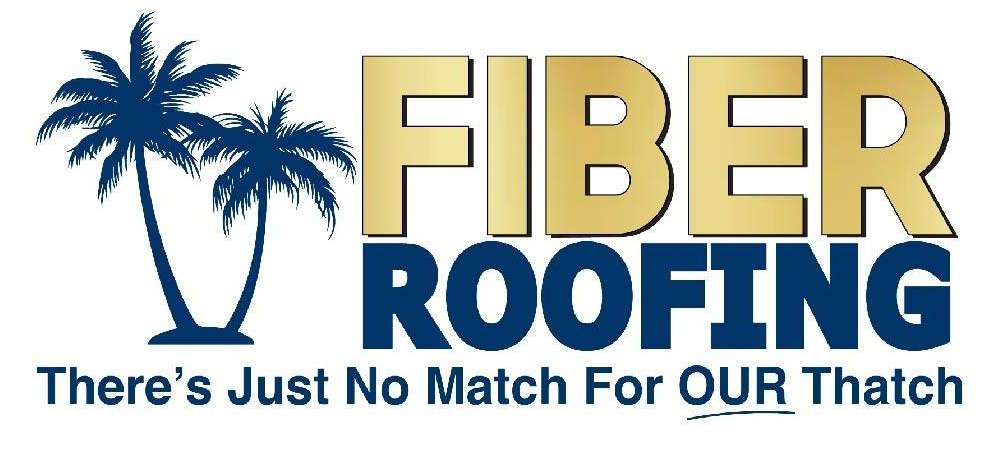FIBER ROOFING CC
ENVIRONMENTAL POLICY
The cornerstone of the Fiber Roofing company culture is a fervent belief that business must be fair and account for all stakeholders. This doesn’t just include our employees and our customers, but the people who live near our thatching factory and the surrounding environment. That is why over the years we’ve developed a comprehensive environmental policy to reduce the amount of waste going into landfills and ensure sustainable harvesting procedures.
- Firstly, we are in full compliance with applicable environmental laws. We do not dump waste into water streams, and we dispose of any by-products not just to meet regulations, but to exceed them.
- Many of our products are derived from natural grass and reeds (like the South African Cape Reed). This makes sustainable harvesting an absolute necessity for our long term success. Therefore, our harvesting approach is methodical, with strict rotation of harvested areas, to stimulate growth of new, fresh vegetation and allow reeds and plants time to grow back.
- By using rotation techniques and giving plants time to fully mature, we also ensure that our roofing materials are of high durability and can withstand harsh winds and weather. If we used plants that were too young or grown in over-harvested soil, the quality of our products would quickly diminish, and that’s not a chance we’re willing to take.
- We recycle approximately 20% of the plastic we use, and utilize any by-product vegetation (that which isn’t suitable to be included in the final products) as fertilizer for harvesting areas. This helps push the natural process of young plants deriving nutrition from the dead vegetation, and keeping the soil rich in nutrients for sustainable harvesting.
Unfortunately, it has become commonplace for businesses to use concern about the environment as a marketing tool, or a public relations strategy. It’s no wonder that many consumers have become jaded to such claims and view any announcements about environmental initiatives from private companies with a grain of distrust and suspicion.
For us here at Fiber Roofing this possibility has always been a concerning. When you’re faced with a choice of making a higher profit or doing the environmentally right thing, it’s all too easy to make the wrong decision. After all, company leaders all over the world are simply human beings who have their moments of weakness and sometimes justify unethical actions with convoluted reasoning, because they want to succeed. (You can use logic to make any conclusion sound like the right thing to do, if you try hard enough.)
Our management is keenly aware of this problem, and the fact that people can easily turn a blind eye to ethics. So we’ve taken several steps at Fiber Roofing to ensure that promise of short term profits doesn’t cloud the judgement of any managers and executives within our ranks. Our long term reputation and viability absolutely depends on integrity, and we’re not willing to sacrifice that for any amount of money. To that end, here are just some of the steps we’ve taken multiple steps to ensure that Fiber Roofing delivers on its environmental promises.
- Every new employee is trained during orientation to understand the importance our company places on environmental sustainability and that our company takes this concern very seriously. We further reiterate this point during staff meetings, to ensure that the company culture stays on track.
- To avoid conflicts of interest, we’ve never taken on outside investors. Our company is a family business built through decades of hard work and dedication. Because an outside investor or financier will never cherish our company culture the way we do, we simply decided to finance operations internally, and avoid situations where the company is pressed to make unethical decisions to boost short term profits.
- At Fiber Roofing, top management is involved in regular review of harvesting methods and maps, to ensure that our harvesting team doesn’t cut corners when it comes to sustainability. We’re not a company where front line staff do all the work and management just signs reports. Our executives like to roll up their sleeves, go out in the field and be involved in the work.
That’s the only way to ensure that 100 years from now our great grandchildren can still obtain reeds and thatching grass from the same areas we do today.
